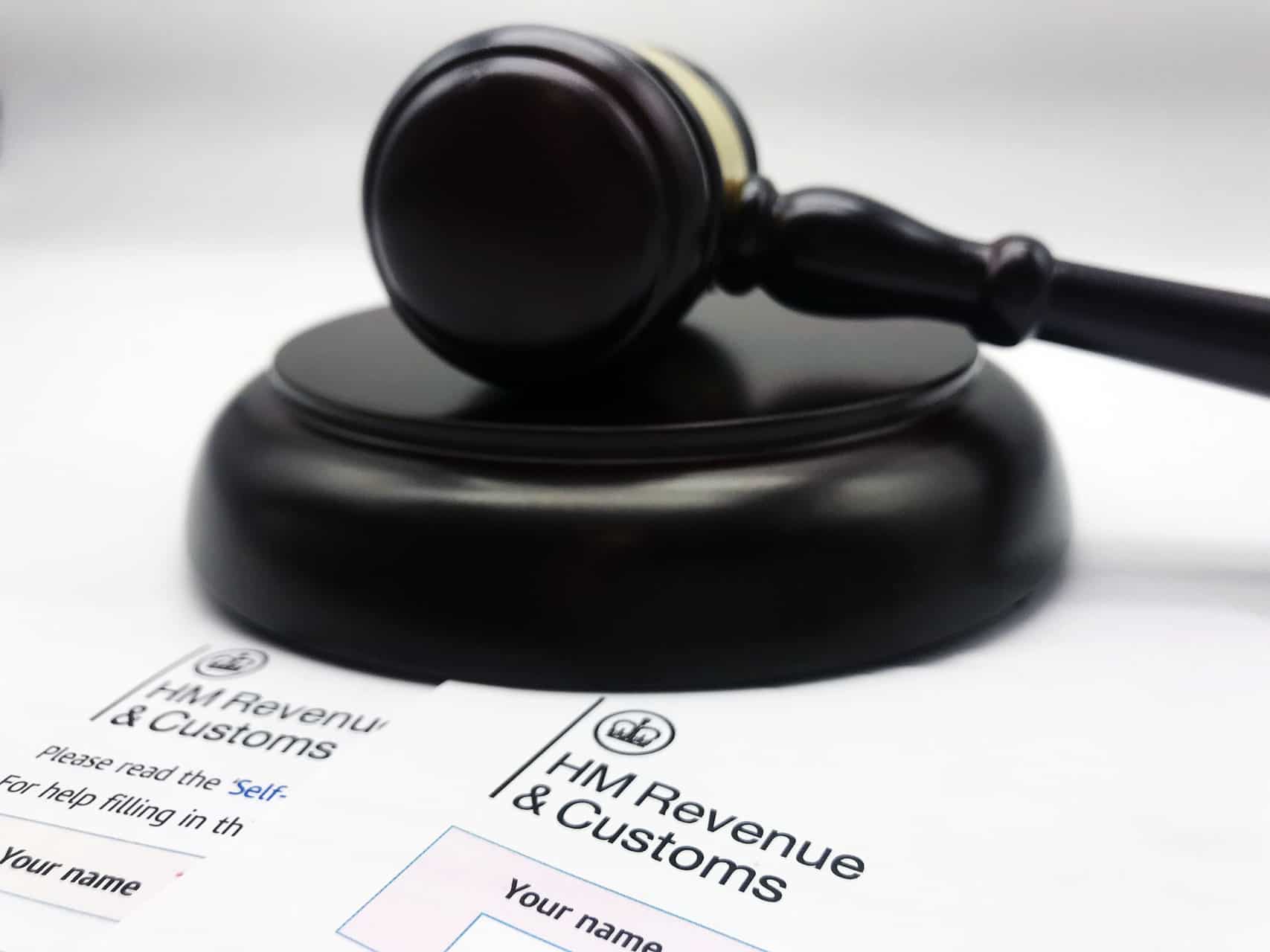This article on the contractor loan charge was written as a guest post submission for Contractor Weekly.
What is the contractor loan charge?
The contractor loan charge comes into force at the end of the 2018/19 tax year on 5 April, 2019. Any contractor who received pay tax free as a “loan” via an EBT or disguised remuneration scheme must have contacted HMRC and supplied the necessary information for their personal service company to settle the outstanding tax by then or face an income tax charge on the total amount of loans received since 1999 as if that were income received in the 2018/19 tax year.

What can I do?
The range of possible actions open to you is as follows:
- Repay the total amount of “loans” in full by 5 April 2019 (if you can afford to)
- Agree to settle the tax with HMRC either in one payment or over an agreed period
- Do nothing and become liable to pay the loan charge through your 2018/19 self-assessment tax return
What if I do nothing?
The total amount of the “loans” are taxed as your income for 2018/19 along with your other income for that year. This means that the personal service company that employed you must calculate the PAYE tax, report it to HMRC by 20 April 2019 and and pay it by 22 April 2019. You must then report the loan balance to HMRC by 30 September 2019 and report and pay the tax via your self-assessment return by 31 January 2020
Is it better to settle with HMRC by 5 April 2019?
Generally speaking, yes it is better to settle as you are in most cases likely to pay less tax than if you opt for the loan charge to apply.
Is there time to pay?
Yes, HMRC will offer time to pay the tax whether you settle or take the loan charge. They are likely to be more lenient with taxpayers who chose to settle rather than accept the loan charge and have said that people with taxable income below £50,000 pa can spread their tax payments over 5 years and 7 years if their taxable income is below £30,000 pa and without the requirement to supply HMRC with detailed supporting information about their personal finances. If the taxable income is £50,000 or more per annum, payment terms will be available but detailed supporting personal financial information will have to be supplied to HMRC and bespoke terms of payment agreed.
What possible problems do you foresee if I try to settle with HMRC and seek time to pay?
The assurances given by HMRC about time to pay are not entirely straightforward. First, they come with the condition that the taxpayer must no longer be involved in tax avoidance.
This could well mean that you will have to concede any other tax appeals or disputes that you currently have open with HMRC before you will be allowed time to pay, even if in those other matters you are on strong ground against HMRC. Second, although HMRC say that there is no upper limit on how long payments can be spread there is recent Court of Appeal authority which says that in insolvency proceedings the creditor is entitled to refuse to accept a time to pay arrangement where there is no realistic prospect of getting repaid in full over a realistic period.
This means that in practice there is an upper limit and 5 to 7 years is usually accepted as the maximum although there are some cases of considerably longer periods being accepted in insolvency proceedings. Third, HMRC state that they will not force the sale of the main home to pay the tax charge on loan schemes. But this assurance may not be quite what it seems because HMRC then states that they “don’t want to make anybody bankrupt” and that they only ever consider insolvency as a last resort.
My concern here is that because bankruptcy is still on the table even as a last resort, once HMRC go down that route the loss of the main home is a real possibility in bankruptcy because unlike jurisdictions such as Florida, UK insolvency law does not have a statutory “homestead” exemption which prevents the trustee in bankruptcy from getting at a bankrupt’s main home.
Therefore please be careful when agreeing settlement terms with HMRC and seek professional advice if you are unsure about anything and can afford to do so.
Get In Touch
For professional and insurance reasons Patrick is unable to offer any advice until he has been formally instructed.


